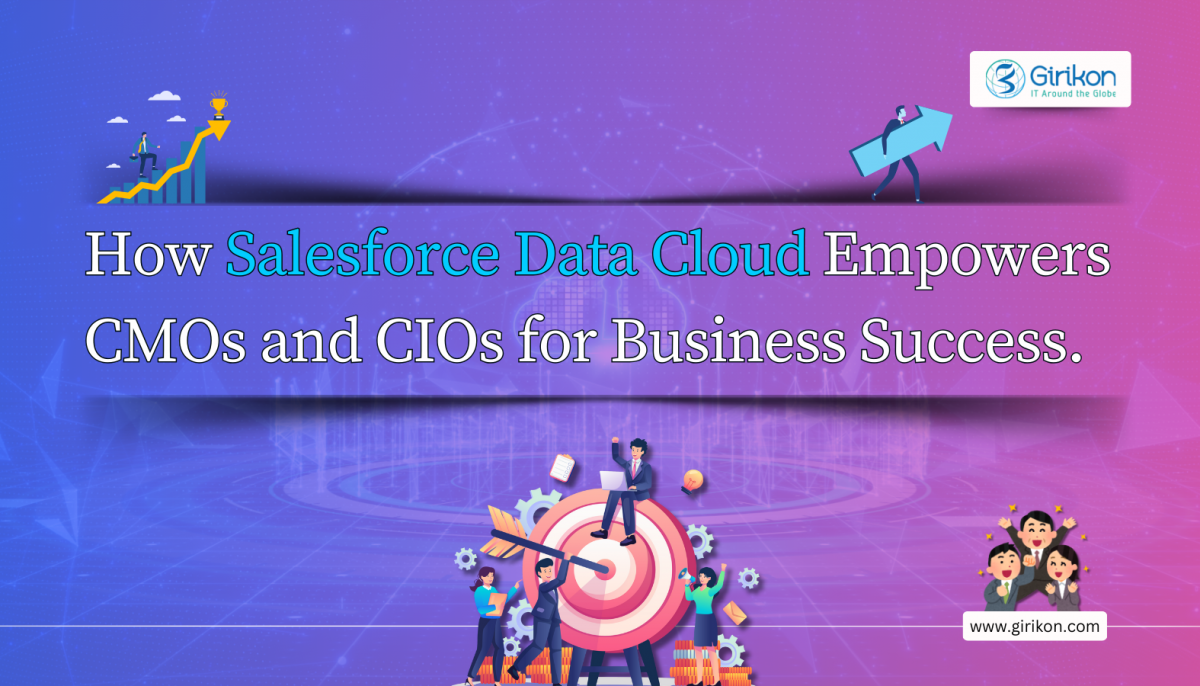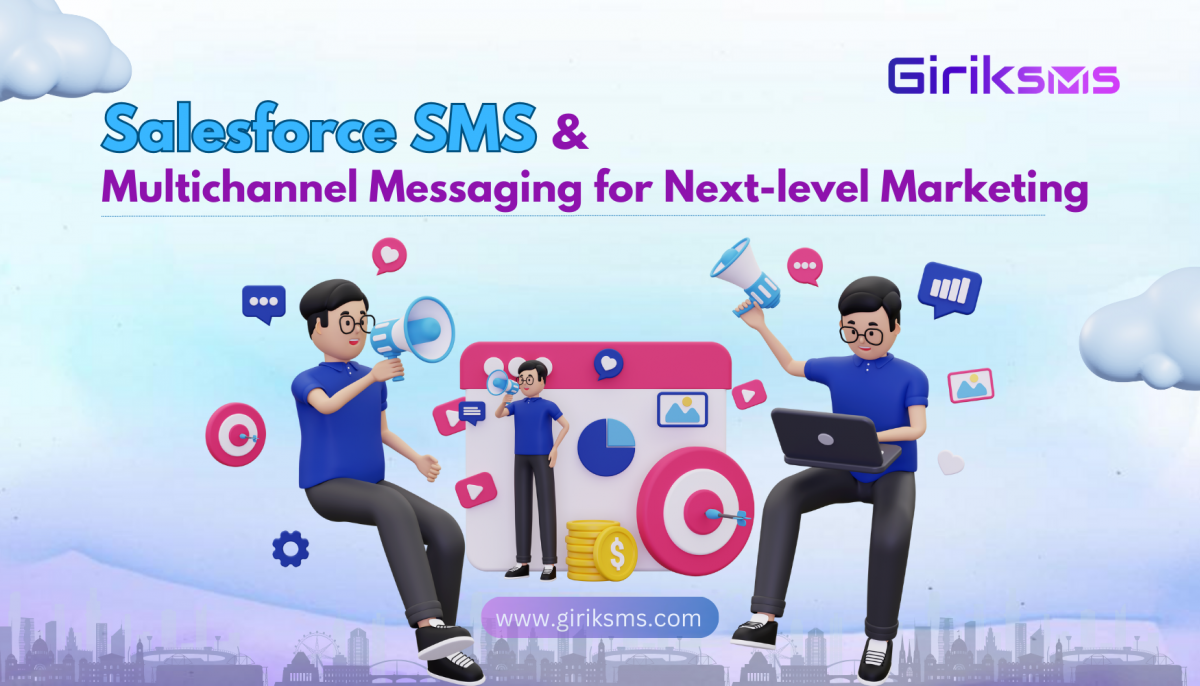Our Blogs
If delivering personalized experiences to your customers at every touchpoint is a priority, leveraging Salesforce Marketing Cloud makes sense. Organizations can leverage this omnichannel marketing platform to plan, personalize, and optimize their marketing campaigns to make their workflows effective and efficient. However, to tap into the complete potential of the Salesforce marketing cloud, it’s essential to ensure its’ successful implementation. Reaching out to a certified and experienced Salesforce Consultant can be advantageous.

It’s essential to take note of the following best practices to ensure the strategic and successful implementation of Salesforce Marketing Cloud:
Determine a Starting Point: Salesforce Marketing Cloud is made up of multiple tools. However, it isn’t easy to implement them instantly and leverage their benefits. So, it is essential to set your business priorities, customer needs and processes while determining a starting point and then figuring out which tool to start with.
Gather the Right Team: It is essential to bring the right people aboard to ensure the successful implementation of the marketing cloud. It is vital to have people who can represent your business and associates with strong technical acumen in your team. It is also crucial to identify sponsors and stakeholders who will be involved in the implementation process.
Establish a Clear Goal: Once you have determined the starting point and have brought the right team in place, it’s time to define a clear goal using Marketing Cloud for your first project. Choosing a measurable goal is suggested related to business objectives to exhibit greater return on investment.
Define Your Audience: Once you have set your goals, it’s time to define your audience and then after your plan has been established, clarify your audience (both from business and technical perspectives) and then resolve any discrepancies in your CRM. Recognize and gather data required to run a campaign for your target audience.
Map the customer journey: Make sure you factor in all the channels and touchpoints to evaluate the existing state of your customer’s journey. Also, ensure to identify the significant challenges and recreate their journey to make the most of the marketing cloud product you are leveraging.
Communicate Effectively: Effective communication is a significant aspect of managing change, creating liability and transparency. It’s essential to develop a plan for stakeholders and sponsors to communicate your adoption of the marketing cloud. To keep making progress, make sure to raise performance, increase learning, and remove roadblocks.
Move Ahead with Urgency: Don’t allow anything to hinder your adoption of Marketing Cloud. Make sure you move toward the launch date with urgency by imbibing flexibility within your team’s culture.
Take Time to Review: Finally, take some time out to retrospect what worked in your favor and what didn’t and all this from a team and client perspective. Rejoicing success and collecting feedback is critical to improving your cloud practice over time.
Final Words:
It takes time and patience to get started with Salesforce Marketing Cloud. Every participant part of the implementation process should have a strategic mindset to work through the lengthy implementation process. Once done successfully, the results are attained in saved time, streamlined workflows, and augmented productivity. It is essential to seek Salesforce support from a reliable implementation partner to ensure successful implementation.

 +1-480-382-1320
+1-480-382-1320 +44-7428758945
+44-7428758945 +61-1300-332-888
+61-1300-332-888 +91 9811400594
+91 9811400594


















